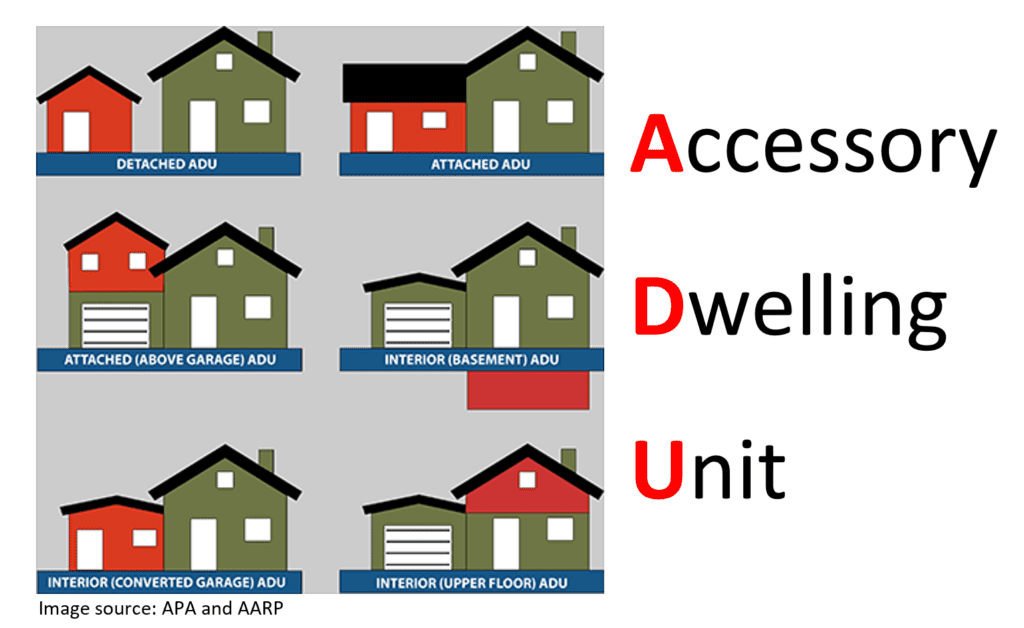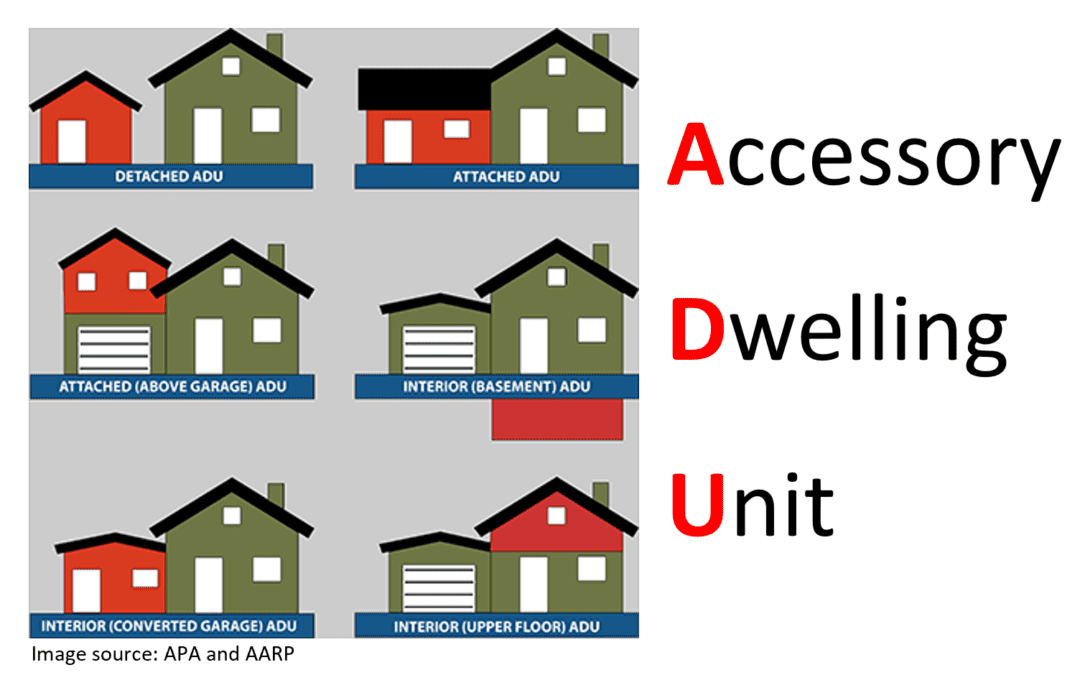 Starting next year in California, homeowners can sell the granny unit in their backyard, according to the Mercury News. Religious institutions can build housing on their land. And developers can add more homes along the coast in places that were once off-limits.
Starting next year in California, homeowners can sell the granny unit in their backyard, according to the Mercury News. Religious institutions can build housing on their land. And developers can add more homes along the coast in places that were once off-limits.
The sweeping initiatives were among more than 50 housing bills signed by Gov. Gavin Newsom intended to expedite the state’s housing supply and protect tenants from evictions in the face of a statewide housing crisis.
The flurry of housing bills this year passed with the support of labor interests who came together with housing advocates to break through opposition from local governments that stand to lose control over approving housing.
“It’s simple math — California needs to build more housing and ensure the housing we have is affordable,” Newsom said in a statement. “These 56 bills build on that work, supporting tenants and ensuring cities are held accountable to plan for and permit their fair share of housing.”
Despite years of legislation, California is still behind on its housing production goals, with many localities continuing to put up roadblocks. Newsom has become increasingly aggressive about pushing back on “not in my backyard” politics: With the Legislature, he has directed billions toward affordable housing production and worked with the attorney general to bring cities and counties into compliance with state housing laws.
Working toward those efforts on the legislative side is Sen. Scott Wiener, a leader on housing issues who authored two of the major bills to come out of this year’s session, SB 4 and SB 423.
“The era of saying no to housing is coming to an end,” the San Francisco Democrat said in a statement. “We’ve been planting seeds for years to get us to a brighter housing future, and today we’re continuing strongly down that path.”
SB 423, authored by Wiener, extends by a decade a law meant to sunset in 2026 that allows developers of multifamily housing to bypass some of the lengthy approval processes in cities that are falling behind on their state-mandated housing goals. That law, SB 35, has led to the approval of more than 18,000 new units since it was passed in 2017, according to a recent study by the Terner Center for Housing Innovation at UC Berkeley.
The more time that a developer spends getting the permit for a project, the more expensive the eventual project costs, said Muhammad Alameldin, a policy associate with the Terner Center. Those costs eventually are passed onto the homeowner or renter.

